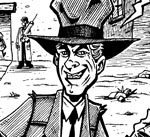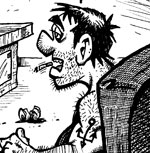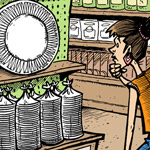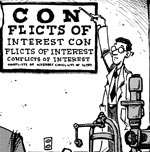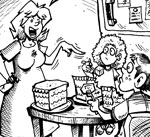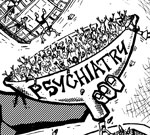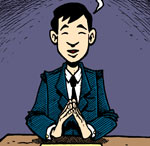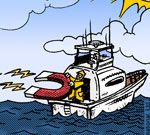Insomnia Medications - Explaining the Seven Most Important Classes of Drugs for Insomnia from A to Z
| Share on Facebook | Share on Twitter | Share on Google+ |
It's the middle of the night. You keep glancing at the clock, noticing that you have less and less time to get the sleep you need before dashing out the door to get to work. You are thinking about your bills, or about your job, or about your kids, or about your marriage. If only a pill could help you get to sleep, you would surely take it.
There are a number of reasons that sleeping pills are not usually a good long - term strategy for treating insomnia. Sleeping pills have side effects. You may be drowsy the next day, or you may develop problems with urination, dry mouth, forgetfulness, or confusion.
Sleeping pills typically do you less and less good the longer you take them. You need an ever - increasing dosage to get the same benefit until eventually the sleeping pill does not work at all. If you stop, you may suffer rebound insomnia that is worse than before, and if you take other medications, you may suffer drug interactions.
Insomnia medications are never a good long-term strategy for getting the restorative sleep you need. But if you are going to take a medication, you need to know how it and medications like it affect your mind and your body.
Insomnia Medications List:
Alcohol is the most common self - prescribed medication for insomnia. The problem with alcohol is that it helps you get to sleep, but the later stages of sleep are not as deep. When people stop drinking, the body's production of glutamine to make detoxifying enzymes stimulates brain activity. When people drink regularly, they tend to have problems with dehydration and excessive urination, including a need to get up to urinate at night.
Certain antidepressants, such as amitryptline (sold as a generic), doxepin (Sinequan), mirtazepine (Avanza, Remeron), and trazadone (sold as Desyrel, Oleptro, Beneficat, Deprax, Desirel, Molipaxin, Thombran, Trazorel, Trialodine, Trittico, and Mesyrel) are used without government approval to treat insomnia that occurs with insomnia. The problem with most of these medications is that they can cause dry eyes, dry mouth, problems with an inability to sweat, and constipation. They are usually best only for short-term use.
Antihistamines, such as diphenhydramine (Benadryl), are available without prescription and are used to ease sleep. Over time, they lose their effectiveness and can cause dry mouth and dry eyes.
Antiseizure medications, such as valproic acid (Depakote), are sometimes used to treat restless legs syndrome, especially in children. Dehydration can cause serious side effects, by causing the concentration of the drug to run too high in the bloodstream.
Benzodiazepine drugs, such as estazolam (ProSom), triazolam (Halcion), and temazepam (Restoril), are used to relax large muscles and make sleep come more easily. The drugs in this class have to prescribed in doses large enough to induce sleep but small enough to avoid drowsiness, forgetfulness, accidents, and falls. Drugs in this class are dangerous during pregnancy, if used with alcohol, and if used by people who have sleep apnea. The herb kava-kava acts in the same way as drugs in this class, should not be combined with alcohol, and also should be avoid by pregnant women and by people who have sleep apnea.
Hypnotics such as zolpidem (Ambien) and zaleplon (Sonata) are used when the problem is falling asleep, not staying asleep. Unlike benzodiazepine drugs, hypnotic drugs are fast acting and clear from the bloodstream quickly. They are the safest prescription sleeping pills for insomnia.
Melatonin is an over - the - counter nutritional supplement in most countries. It is useful for resetting the biological clock during travel. It has to be used only when it's time to sleep, in the evening, not in the morning (unless you are attempting to prepare yourself for international travel by falling asleep at the approximate bedtime of your destination).
Opioids, such as Vicodin (hydrocodone) and oxycontin are used to treat pain that interferes with sleep. They are addictive and cause severe constipation. Stopping these drugs can cause severe diarrhea.
Medications are always best as a short - term treatment for insomnia. Other insomnia cures are better for long-term care.
-
Skin CareMen Skin Care
-
Free ResourcesFree eBooks
-
By creating an artificial environment, we're not stimulating our immune system enough. Germs are immune-stimulants. They challenge you to be prepared.Deepak Chopra
-
Featured Health Supplement
 If you find a product that is as effective as Total Balance, and is better value for money, let us know and we will give you a refund equivalent to your entire purchases of Total Balance…retrospective.
If you find a product that is as effective as Total Balance, and is better value for money, let us know and we will give you a refund equivalent to your entire purchases of Total Balance…retrospective.
-
